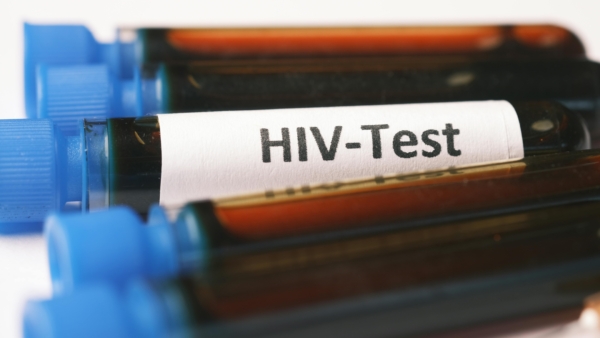M.O.H. against criminalization of HIV
The criminalization of the transmission of HIV in Samoa is a threat to public health. This is one of the highlights by the Ministry of Health indicated in their 98 page National HIV, AIDS, and STI Policy 2017-2022 report that was obtained by the Samoa Observer.
According to the prevention segment of the report, it points to some countries where criminal law is being applied to those who transmit or expose others to HIV infection.
“The Ministry of Health does not recommend nor endorse legislative measures to criminalize the transmission of HIV that is unintentional and views such measures as threats to public health.
“There is no data indicating that the broad application of criminal law to HIV transmission will achieve either criminal justice or prevent HIV transmission.
“Rather, such application risks undermine public health and human rights.
“Because of these concerns, UNAIDS urges governments to limit criminalization to cases of intentional transmission i.e. where a person knows his or her HIV positive status, acts with the intention to transmit HIV, and does in fact transmit it.
“Willful spread of HIV has been so rarely documented worldwide that it is largely hypothetical,” the report says.
According to the MOH Policy, since there are no cases have been processed in Samoa or Australia and New Zealand Commonwealth case law, legally it is urban myth and no legislation exists regarding the legal handling of such a case.
“Presently Samoan legal priorities regarding HIV, AIDS, and STI’s are primarily concerned with protecting the individual rights and confidentiality of people as well as safeguarding public health.
“Prosecuting a case of willful spread of HIV would necessarily involve addressing legal criteria in Sections 120-121 of the Crimes Act 2013.
“Supplying evidentiary support for a claim would entail 1) proving a person knew their HIV status prior to exposing other individual(s), 2) the individual did not disclose their HIV status to exposed person(s), 3) and the exposure resulted in HIV infection.
“Any action taken against to quarantine and accuse a case of a wilful spread of HIV would fall under the authoritative powers of MoH within Part 4 Section 36 of the Health Ordinance 1959 “Isolation of persons likely to spread infectious diseases” as well as Section 37 , Offenses in regards to infectious diseases,” according to the report.
The M.O.H. Policy also emphasized that all rights of people living with AIDS, national and international, must not be violated in the investigation, prosecution and sentencing of individuals involved in such a potential case.
The report can be downloaded here








